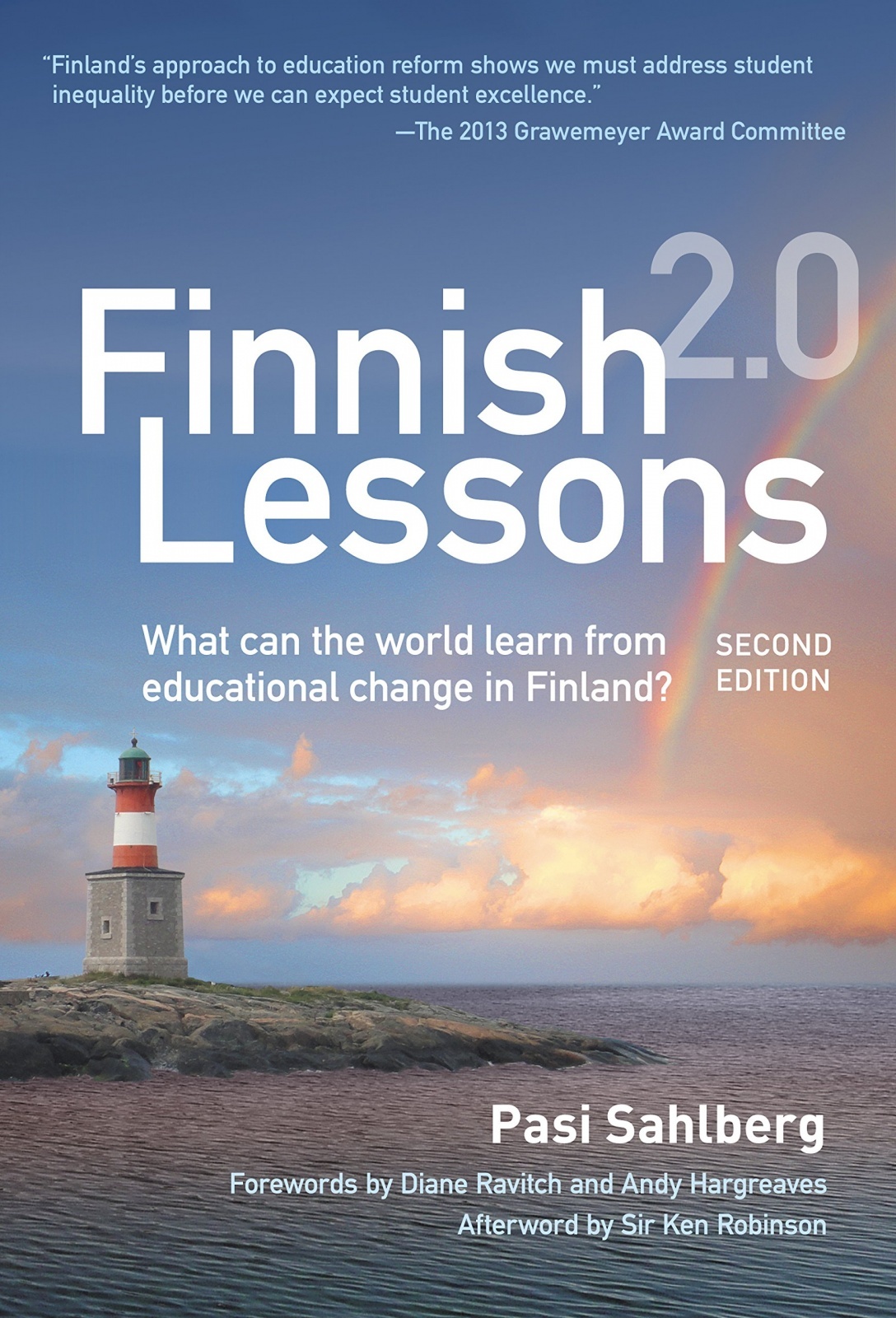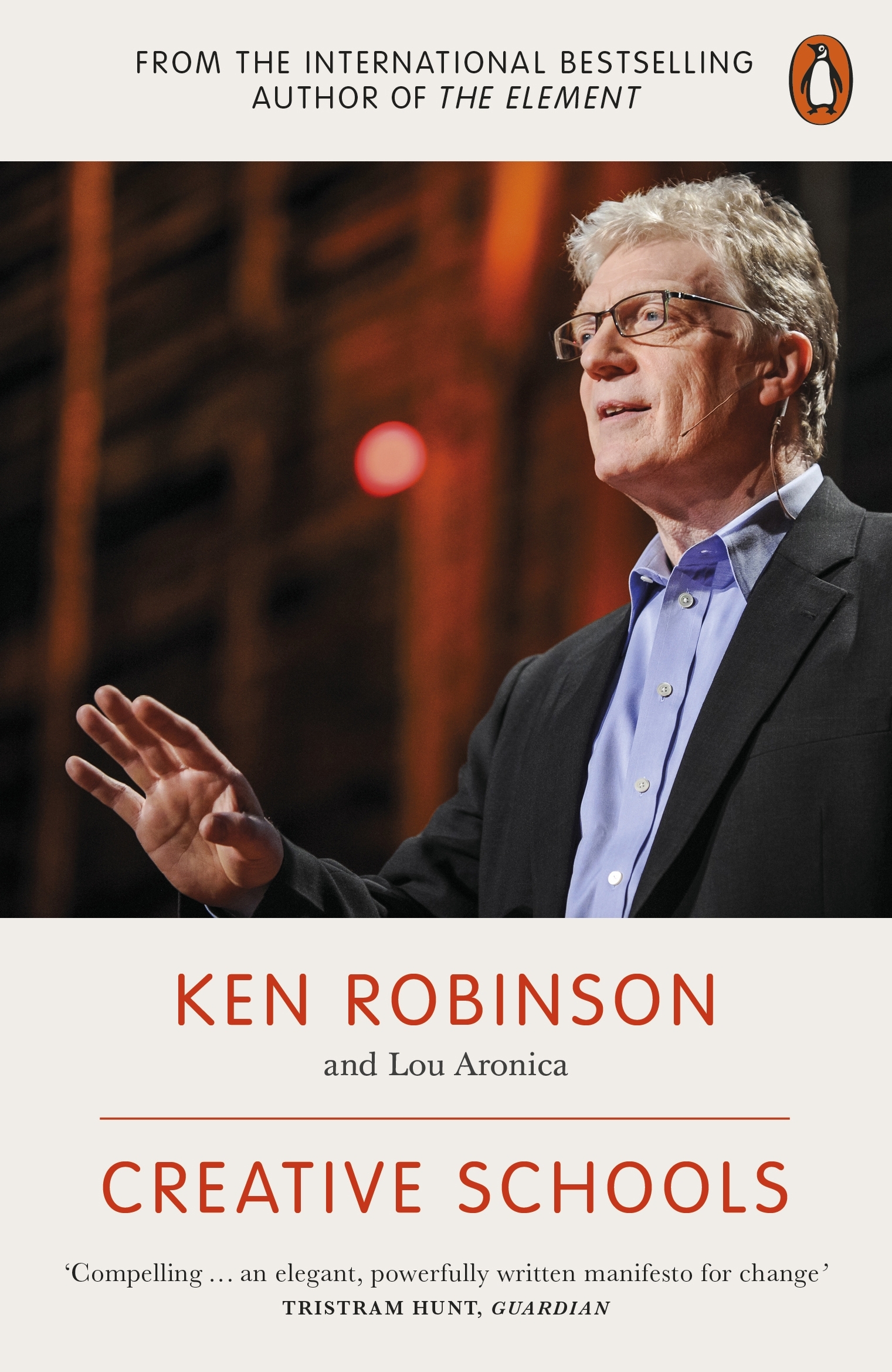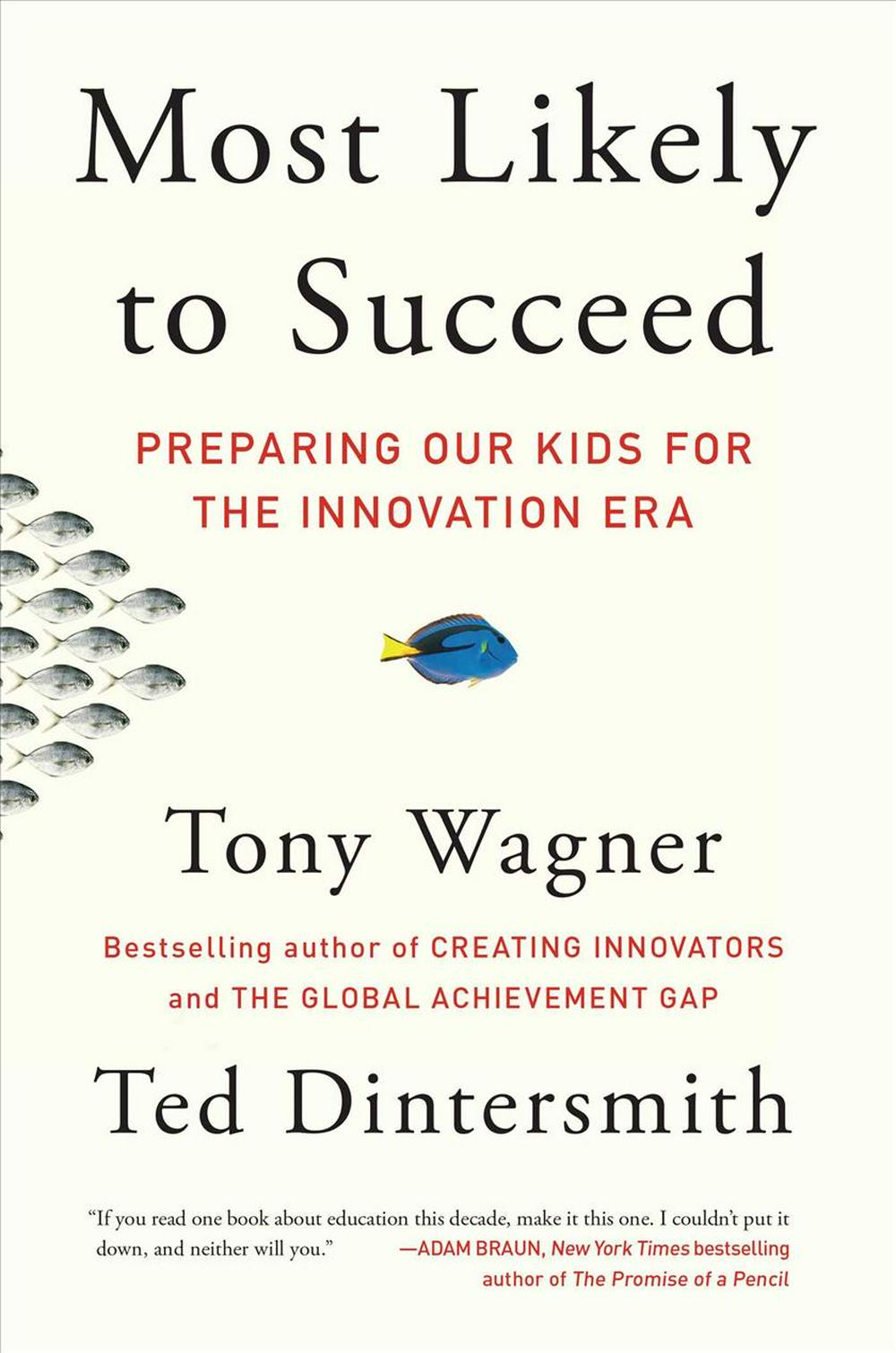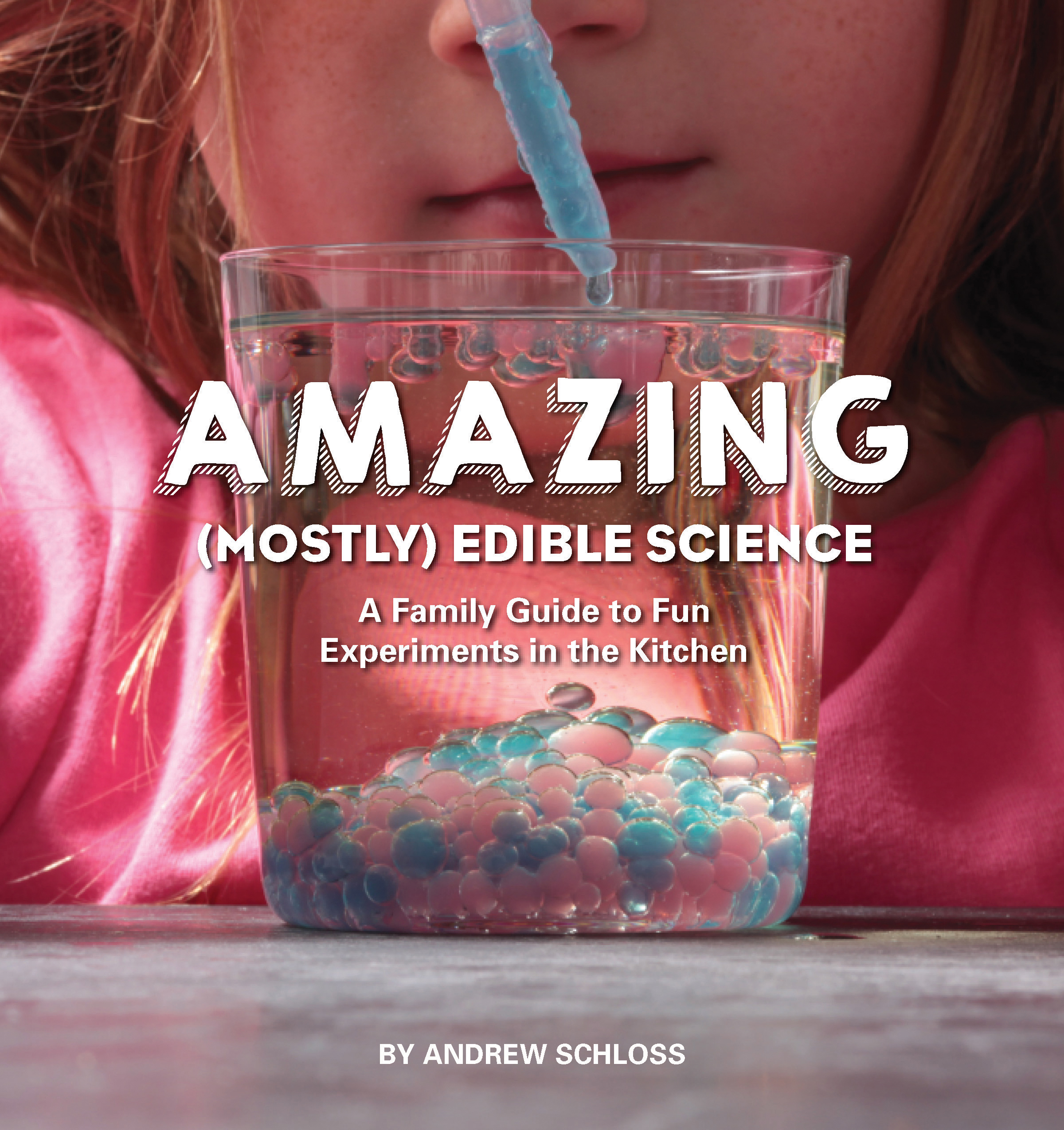Not a week goes by without media attention on our education systems – whether standardised testing offer useful insights; whether exam-pressure causes excessive stress; or whether we are teaching the “right” knowledge when professions change and evolve so quickly. The Slow Movement argues that exam-based education encourages teaching-to-the-test and cookie-cutter uniformity; and instead proposes Slow Education as a better option.
Like other aspects of the Slow Movement, Slow Education is about deep connections with its subject matter – learning. It focusses on the process of learning; it encourages educators to tailor learning experiences to their local context and to suit their students’ interests; and it encourages students to reflect on, and discuss how and what they have learnt. This creates students who learn how to learn, who learn deeply and become self-motivated through interest in their own work. Such ideas are not new – many alternative educational approaches, such as Montessori and Waldorf/Steiner, share these concerns; and many conventional schools already use techniques such as play-based or inquiry-based learning to stimulate and engage their students.
Everyone can and should have an opinion on education, not just parents or educators – because education can influence the future direction of many aspects of our society. So to get you thinking, here are some books that discuss why and how education should be changed, as well as resources on how to enrich children’s learning through fun, interactive experiences:
 Finnish Lessons 2.0: What the World can Learn from Educational Change in Finland? by Pasi Sahlberg
Finnish Lessons 2.0: What the World can Learn from Educational Change in Finland? by Pasi Sahlberg
The Finnish education system is considered a marvel by English-speaking countries – Finnish students have high proficiency in science, maths and reading despite the Finns’ “unconventional” disregard for standardised testing, late start to formal education (at age 7) and emphasis on play. In Finnish Lessons 2.0, Pasi Sahlberg uses his experience as a teacher, teacher trainer and policy developer to explain how Finland made such impressive improvements to its education system through thoughtful reforms.
Creative Schools by Ken Robinson and Lou Aronica
by Ken Robinson and Lou Aronica
Ken Robinson is an authority on arts education and has given three TED talks about the role of creativity in education – including THE most-watched TED Talk ever, with over 41 million viewings. Creative Schools picks up on this TED talk, arguing that the current education system, with its focus on exams and factory-like mass education, stifles creativity. Instead he urges everyone – educators, policymakers and parents – to push for change, to a system that awakens creativity, as well as fostering diversity and curiosity.
 Most Likely to Succeed: Preparing our Kids for the Innovation Era by Tony Wagner and Ted Dintersmith
Most Likely to Succeed: Preparing our Kids for the Innovation Era by Tony Wagner and Ted Dintersmith
Tony Wagner is an education expert and Ted Dintersmith is a venture capitalist; in a convergence of idealism and materialism, their joint proposition in Most Likely to Succeed is that education should move away from content/fact delivery and towards fostering life skills such as collaboration, creativity and critical thinking. They argue that this is a better way of future-proofing our children, of helping them become successful in the long run. Most Likely to Succeed is derived from the critically-praised film of the same name.
 Amazing (Mostly) Edible Science: a Family Guide to Fun Experiments in the Kitchen by Andrew Schloss
Amazing (Mostly) Edible Science: a Family Guide to Fun Experiments in the Kitchen by Andrew Schloss
Even without systemic change, we can encourage curiosity and creativity in children, through hands-on deep learning. Amazing (Mostly) Edible Science contains projects ranging from edible slime, to glow-in-the-dark jelly and “glowing, bouncy eggs”. The edible aspect adds extra excitement (and also reduces concerns about handling harmful chemicals) to the exploration of some fundamental scientific concepts. Projects use supermarket ingredients and come with detailed instructions and safety advice. Amazing (Mostly) Edible Science is a recent title in a very user-friendly series that includes Kitchen Science Lab for Kids, Outdoor Science Lab for Kids, and Art Lab for Kids.